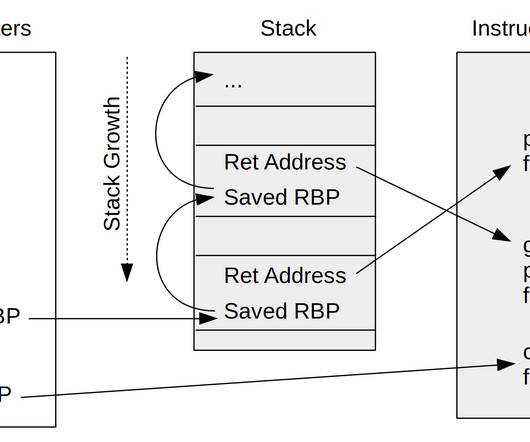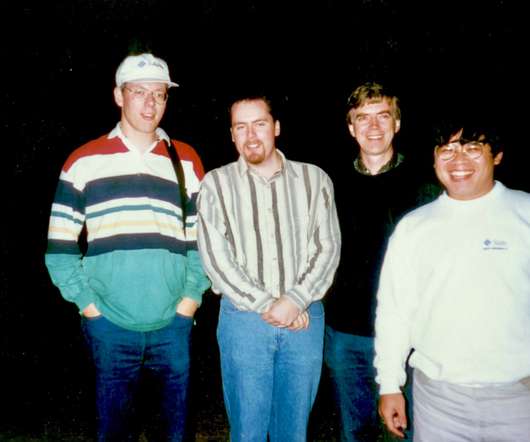What Adrian Did Next?—?Part 3?—?eBay?—?2004 to 2007
Adrian Cockcroft
JANUARY 31, 2023
What Adrian Did Next — Part 3 — eBay — 2004 to 2007 I’d left Sun (part 2 in this series) , and had a few months off over the summer, so (of course) got married to @laurelco, bought a “fixer upper” house in the Los Gatos mountains, and worked on getting it tidied up. It was early 2007, and time to move on again.












Let's personalize your content